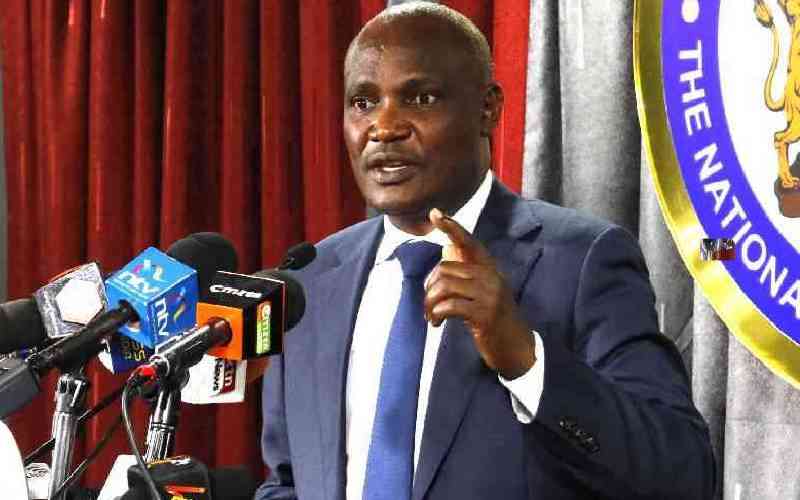President Ruto's Social Health Insurance Fund (SHIF), commonly known as Rutocare, represents a transformative initiative aimed at addressing the healthcare needs of the citizens. This comprehensive health insurance programme is poised to bring about numerous benefits, positively impacting the lives of Kenyans across various socio-economic strata.
SHIF introduces a universal healthcare system, ensuring that all Kenyan citizens have access to essential medical services. This inclusivity is a pivotal step towards reducing health disparities and promoting health equity.
One of the key advantages of the Fund is the financial relief it offers to families. Medical expenses can often be a significant financial strain, pushing many families into poverty. President Ruto's initiative seeks to mitigate this by spreading the cost of healthcare across the population.
Moreover, the Fund is designed to enhance preventive care measures. Regular check-ups and early detection of illnesses are crucial in maintaining public health. By providing coverage for preventative services, the programme encourages citizens to prioritise their well-being, leading to a healthier population and reducing the overall burden on the healthcare system.
The initiative also aims to improve the quality of healthcare services. With a dedicated fund supporting healthcare providers, there is potential for increased investment in medical infrastructure, training, and technology.
Additionally, the Fund could have positive implications for the workforce and productivity. A healthier population will likely be more productive, contributing to economic growth. By addressing health issues proactively, the initiative aims to reduce absenteeism and improve overall workforce efficiency.
With a substantial portion of the population covered by the Fund, there is a likelihood of decreased pressure on government-funded healthcare facilities. This could result in shorter waiting times, improved service delivery, and better overall experiences for patients seeking care in public hospitals.
Furthermore, the programme fosters a sense of social solidarity. This collective approach strengthens social bonds and instils a sense of security among citizens, knowing that they are part of a system that cares for their well-being.
As the programme unfolds, it will be crucial to monitor its implementation, address potential challenges, and make adjustments to maximise its positive impact on the health and well-being of the population.
The author teaches English and Literature in Gatundu North Sub County
 The Standard Group Plc is a
multi-media organization with investments in media platforms spanning newspaper
print operations, television, radio broadcasting, digital and online services. The
Standard Group is recognized as a leading multi-media house in Kenya with a key
influence in matters of national and international interest.
The Standard Group Plc is a
multi-media organization with investments in media platforms spanning newspaper
print operations, television, radio broadcasting, digital and online services. The
Standard Group is recognized as a leading multi-media house in Kenya with a key
influence in matters of national and international interest.
 The Standard Group Plc is a
multi-media organization with investments in media platforms spanning newspaper
print operations, television, radio broadcasting, digital and online services. The
Standard Group is recognized as a leading multi-media house in Kenya with a key
influence in matters of national and international interest.
The Standard Group Plc is a
multi-media organization with investments in media platforms spanning newspaper
print operations, television, radio broadcasting, digital and online services. The
Standard Group is recognized as a leading multi-media house in Kenya with a key
influence in matters of national and international interest.





